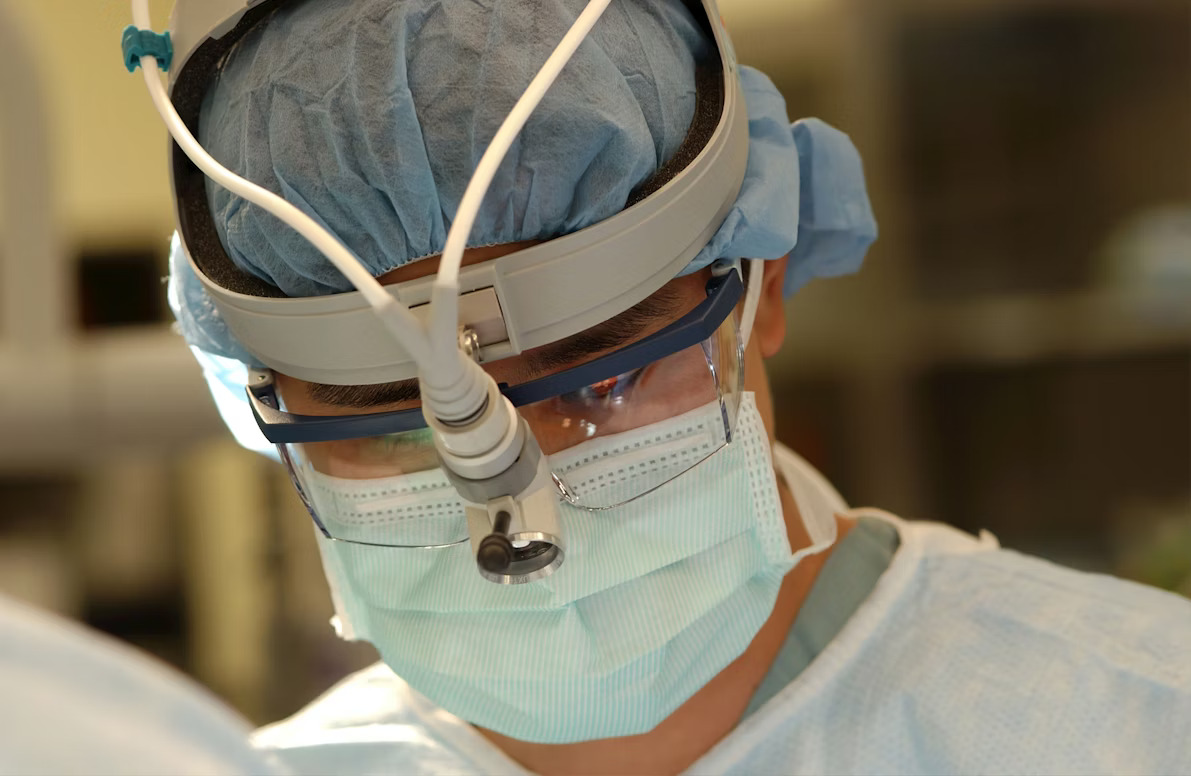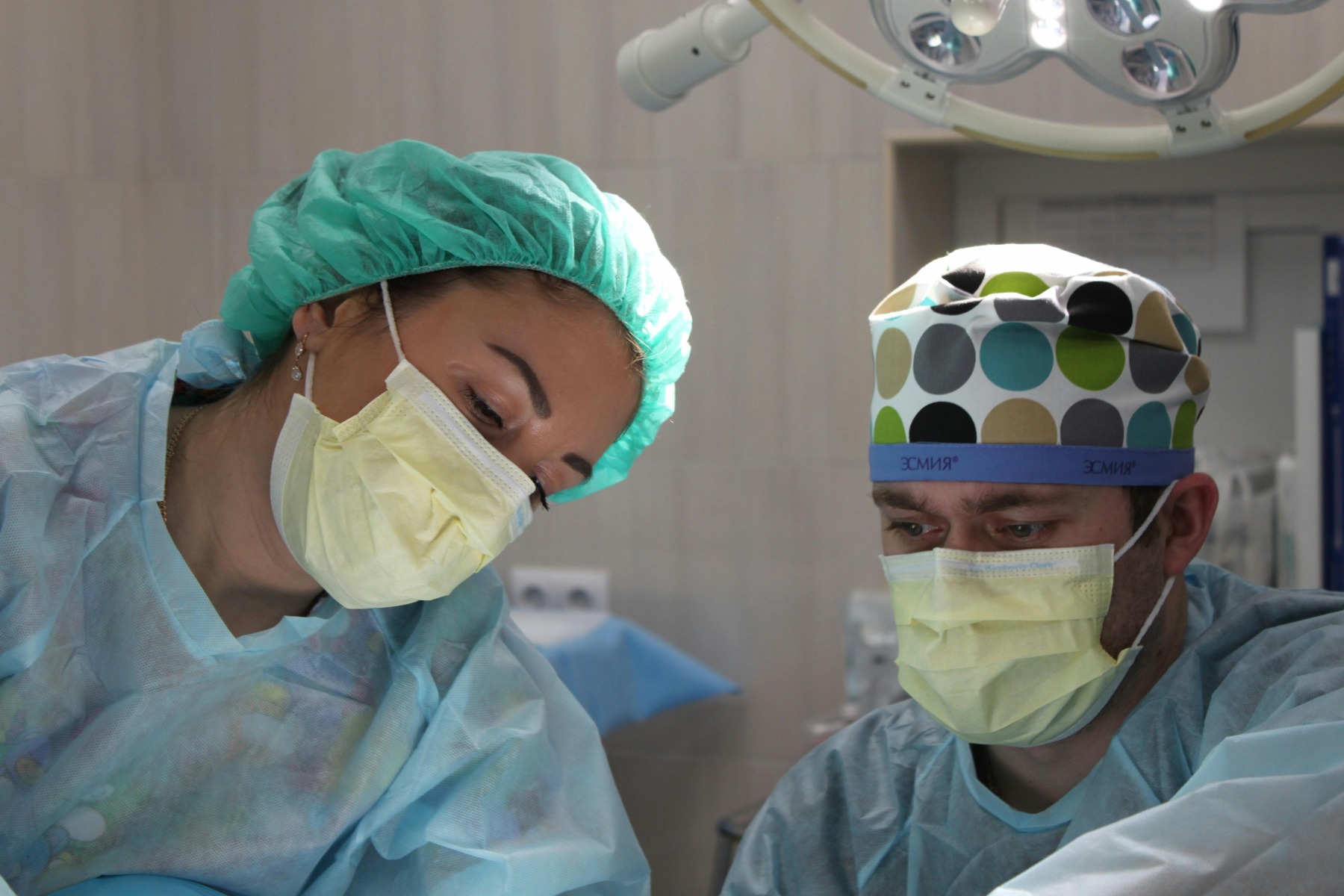In the fast-paced world of healthcare, surgical technologists (also known as scrub techs or operating room technicians) are essential team members who ensure surgical procedures run smoothly. But becoming a skilled surgical tech doesn’t happen overnight—it requires structured training, real-world experience, and guidance from seasoned professionals. That’s where surgical tech preceptors come in.
A surgical tech preceptor is more than just a supervisor. They are mentors, educators, and role models who play a critical role in shaping the next generation of surgical technologists. As the demand for surgical techs increases, so too does the need for experienced professionals who can guide trainees through hands-on clinical learning. In this blog, we’ll explore what it means to be a surgical tech preceptor, what responsibilities the role involves, and why preceptors are vital to both patient care and professional development.
What Does a Surgical Tech Preceptor Do?
At its core, the role of a surgical tech preceptor is to provide on-the-job training to new or student surgical technologists. This training typically occurs during a clinical rotation, externship, or onboarding period and complements classroom-based learning with hands-on experience.
Preceptors offer instruction on practical skills such as:
- Preparing and sterilizing surgical instruments
- Assisting with surgical procedures
- Maintaining sterile technique
- Communicating with surgeons, nurses, and other team members
But their role goes beyond technical instruction. Preceptors model professionalism, time management, adaptability, and teamwork. They provide feedback, assess performance, and help trainees grow in confidence and competence. Many also help bridge the emotional gap for new learners—supporting them through the stress and pressure of the operating room.
The Preceptor’s Role in Clinical Education
In surgical technology programs, students often complete classroom coursework before moving on to a clinical practicum. This is when preceptors step in. Acting as mentors within clinical settings like hospitals or outpatient surgical centers, preceptors help students apply their knowledge in real patient care situations.
During this time, preceptors evaluate the student’s ability to:
- Follow protocols and policies
- Anticipate the needs of surgeons
- Ensure patient safety
- Work as part of a surgical team
Preceptors are expected to guide, not micromanage. They create opportunities for active learning, encourage critical thinking, and gradually increase trainee responsibilities based on readiness. Importantly, they also provide clear, timely, and constructive feedback that helps trainees reflect and improve.
Key Qualities of a Surgical Tech Preceptor
Not every surgical tech is suited to be a preceptor. The role requires a unique blend of clinical expertise and interpersonal skills. Some of the most important qualities include:
1. Strong Communication Skills
Preceptors must be able to explain procedures clearly, give honest feedback, and foster open dialogue with their trainees.
2. Patience and Empathy
Learning in a surgical environment is intense. Preceptors need to demonstrate patience and provide emotional support during stressful or overwhelming moments.
3. Leadership and Professionalism
Preceptors are role models. They set the tone for professional conduct, teamwork, and accountability in the OR.
4. Clinical Competence
A preceptor must be highly skilled in their field, confident in OR protocols, and up-to-date with surgical practices and technology.
5. Commitment to Education
Preceptors should be passionate about teaching and willing to invest time and effort in helping others succeed.
Benefits of Becoming a Surgical Tech Preceptor
Becoming a surgical tech preceptor also offers many professional and personal rewards.
1. Strengthening Leadership Skills
Teaching others forces you to reflect on your own practices, improve communication, and sharpen your leadership abilities.
2. Gaining Recognition
Hospitals and surgical centers often recognize preceptors as leaders in their departments. The role can lead to advancement opportunities or specialized positions in training or education.
3. Giving Back to the Profession
Preceptors have the opportunity to positively impact the next generation of surgical technologists, ensuring continued excellence in patient care.
Gain mentorship skills and teaching strategies through the Surgical Tech Preceptor Bootcamp.
4. Enhancing Job Satisfaction
Mentorship can be incredibly fulfilling. Helping someone else grow professionally and gain confidence often boosts your own sense of accomplishment and pride.
5. Building Stronger Teams
Preceptors play a key role in developing competent colleagues who will eventually become part of the surgical team, helping to create a more efficient and cohesive work environment.
Where Do Surgical Tech Preceptors Work?
Surgical tech preceptors are typically employed in the same environments as surgical technologists, including:
- Hospitals (particularly in surgical units or operating rooms)
- Outpatient surgery centers
- Specialty clinics (such as orthopedics, OB/GYN, or cardiovascular care)
- Teaching hospitals or academic medical centers
- Military medical facilities
Many institutions pair students or new hires with experienced preceptors as part of structured clinical education programs or onboarding tracks. These settings offer the perfect environment for hands-on mentorship and real-world learning.
Challenges Surgical Tech Preceptors Face
The preceptor role isn’t without its challenges. Understanding these obstacles can help you prepare for the responsibilities ahead:
1. Balancing Patient Care with Teaching
Preceptors must maintain high standards of patient care while simultaneously instructing and supervising students. It can be a demanding balance, especially in high-pressure OR environments.
2. Managing Different Learning Styles
Not every student learns the same way. Preceptors must adapt their teaching approach to fit each individual’s strengths and needs.
3. Giving Constructive Feedback
Honest feedback is essential, but it must be delivered professionally and with empathy. It’s not always easy to correct a trainee’s mistake, especially when confidence is at stake.
4. Time Constraints
The OR schedule doesn’t slow down for learners. Preceptors often have to teach on the fly, manage time efficiently, and find teachable moments during real procedures.
Despite these challenges, many preceptors find the role incredibly rewarding and report feeling a renewed sense of purpose in their work.
Why Surgical Tech Preceptors Are Vital to Healthcare
In healthcare, education never really stops. Surgical tech preceptors are the bridge between the classroom and the operating room—bringing theory to life and ensuring that future surgical technologists are well-prepared for the demands of the job.
Their mentorship improves:
- Patient safety
- Clinical outcomes
- Team dynamics
- Overall care quality
By sharing their expertise and experience, preceptors help reduce errors, build confidence in trainees, and uphold the high standards of surgical practice. In short, they don’t just teach—they shape the future of healthcare, one surgical tech at a time.
Launch Your Career as a Surgical Tech Preceptor with Health Tech Academy
Becoming a surgical tech preceptor is a unique opportunity to lead, teach, and inspire. It’s a role that comes with challenges but also with meaningful rewards. Whether you’re looking to step into a new leadership path or give back to your profession, preceptorship is a powerful way to make a difference in the lives of patients and future healthcare professionals alike.
If you're ready to advance your career and help shape the next generation of surgical technologists, Health Tech Academy can help you take the next step. As a premiere online healthcare bootcamp provider, Health Tech Academy offers a variety of allied health programs—including a specialized surgical tech preceptor bootcamp designed to equip you with the tools, knowledge, and confidence you need to succeed as a mentor in the operating room.




